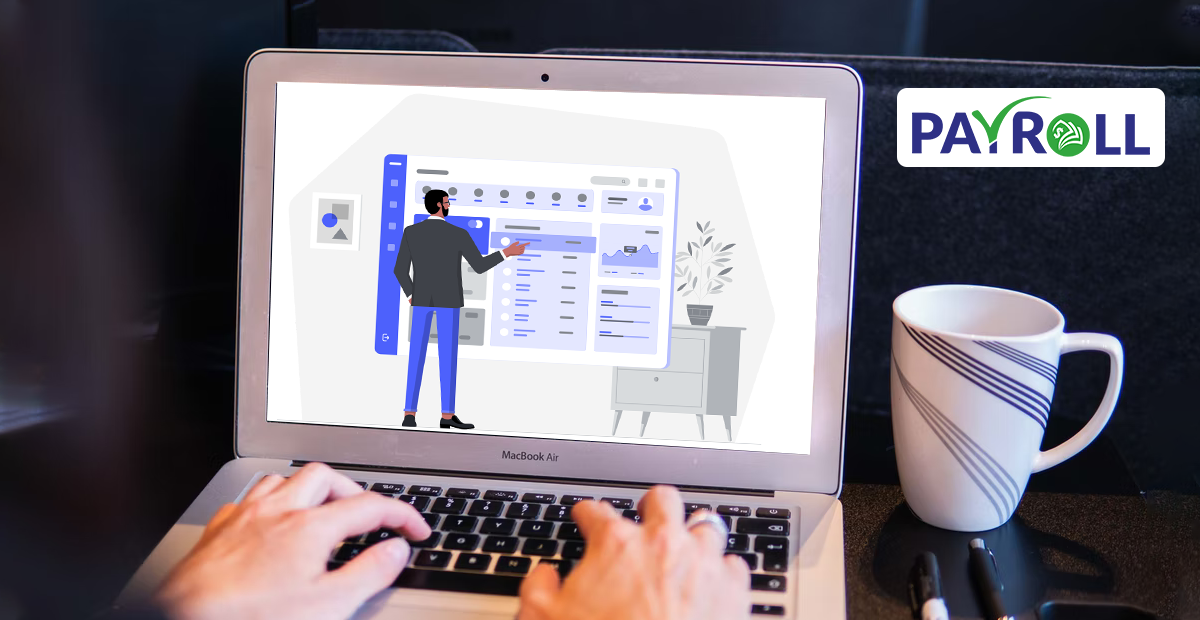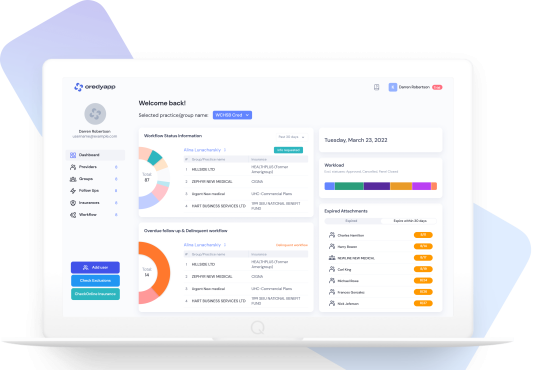
Proof of employment is essential if your landlord, landlords, or welfare office needs information about your employment status. Proof of work can come from various sources, such as payslips, tax returns, and bank statements, and may need to be provided in combination. You can also ask your employer to provide official confirmation of your salary, work history, and other necessary information.
Proof of employment is required for loans and other reasons such as a change in employment. While some people can easily prove their income, others cannot do so as quickly.
If you need proof of employment for any reason, here are seven simple ways to continually provide that proof.
Seven Easy Ways to Show Proof of Employment
There are several easy ways to prove your job, some are as follows,
1. Paystubs
Paystubs are apparent proof of income and employment, and it is straightforward to prove employment with pay stubs. This is because they contain some important information about your income, such as the amount of your salary, the taxes withheld by your employer, the total number of hours worked, the total amount of your paycheck, and the payment date. Pay stubs give you an accurate picture of your income. What if a person does not receive a pay slip and is self-employed or not? If you are self-employed, you can use payroll Automation software. Payroll preparation is a simple task for freelancers, but choosing the correct application will ensure that it is done correctly. You’ll want to keep this in mind if you’re asked to provide proof of employment.
2. Submit an employment verification form
- Another good way to prove your employment is to get a letter from your employer. Most employers are familiar with employment verification letters and will issue one if requested by the employee.
- An employment verification letter is a document your employer produces on company letterhead, and it usually contains the employee’s name and date of hire.
- If the company still employs the employee, it will say “present.” If you are self-employed, you may not obtain an employment certificate. If you run a business and provide services to several large companies, you can request a letter from them. The letter issued is not a certificate of employment, but it does confirm your job.
3. References
- A letter of reference from someone at your current place of employment (such as a recruiter or your immediate supervisor) can also be used as proof of employment by a third party and does not require an official employment certificate.
- Remember to ask the person’s permission first if you are going to refer a contact. By taking this step, you will be able to build and maintain relationships with colleagues who may make many similar requests once they apply to you.
- If your client prefers a more formal acknowledgement of the employment reference, you can provide your colleague with a sample employment reference and be prepared to provide the necessary information.
4. Provide tax returns and bank statements.
- If you can’t think of any of the above, you can prove your employment with financial documents.
- When asked to prove their employment, many self-employed individuals will provide their tax returns and bank statements.
- For example, if you are applying for a mortgage, you will need to prove your income. If you do not have a tax return or other proof of income, you can refer to your tax return or bank statements.
- Your bank statements contain information about your savings. If these statements show that you have made regular deposits to your account, the bank may accept them as proof of employment.
- Your income will also be reported on your tax return, as you will need to register all your payment for the year. If you have been in business for several years, you may need to submit several tax returns to prove your income. If you have these documents, you can effectively demonstrate your income.
5. Tax returns
- You can use the income tax return as proof of your income. If you work for a company, you will receive a W-2 form in the mail each year from your employer. You should access it electronically and receive it in the mail in time for the yearly tax filing season. Self-employed individuals are required to file Form 1099 and an annual tax return.
- If you have a Form 1099 for income from your business, you can use it to prove your income. Form 1099 contains several important pieces of information.
- First, you must provide your name and address. Next, you will receive your National Insurance number or business number. Finally, it will tell you how much the company paid for your services last year.
6. A signed contract or other agreement
The confirmation letter will not give you all the details, but your current company’s original signed and dated contract or employment agreement may suffice.
Furthermore, If the contract is long or complex, a short cover sheet with the basic information required by the owner will usually be attached.
- Name
- Date of hire
- Salary and rate of pay
- Person in charge
- Employment status (seasonal, part-time, volunteer)
7. W-2 Certificate
You will receive a W-2 form from your employer each year when you file your tax return if you are traditionally employed. Employees and individuals who regularly use online services to prepare their tax returns can log into their accounts to receive the forms.
For example, they can then print them out or email them to someone else. If you cannot obtain a W-2 tax form, please notify your employer and request a copy. In many cases, you may be asked to verify your employment at any time, so you should be prepared for this possibility.
More Read: 3 Quick Tips to Become a Successful Self Employed Accountant
Why do you need proof of employment?
1. Financial Institutions that Provide Loans
A lender’s primary concern is your ability to manage your current payments, and your income is likely to be a significant factor in managing your total monthly expenses. Therefore, lenders will want to know how the repayment schedule defined in the loan terms relates to your income.
2. Salary information required by credit card issuers
Credit card issuers base their decisions about new applicants on several factors, including current employment and salary. Like other lenders, they are primarily interested in assessing your ability to pay your debts on time. While your current salary is not relevant to your FICO credit score, it is a new indicator for lenders to assess your likelihood of making payments.
3. If you are a landlord with a lease
Because it’s difficult to break a lease, landlords want to ensure the new tenant can pay the rent. Although it is unlikely, the landlord may want to know how you will use the property in question – for example, if you live there during the day or work elsewhere.
4. Job offers to new employees
Since salary negotiations usually consider your current or previous salary, your new employer may ask you to confirm your salary information. By doing so, your new employer will find out your previous wage and gain valuable information about how other companies compensate their employees. Please note that this practice is illegal in some states and territories, such as California and New York.
5. Employment Verification for Work Visa Holders
If you are entering the country on a work visa, such as an H1-B visa, they will definitely ask to provide proof of employment to apply for an extension of stay. Requirements vary depending on the country that issued the visa and the type of visa, and please check the specific requirements for each type of visa.
Final words
In some cases, a third party may wish to verify your employment. Many of these requests have strict deadlines. Therefore, employers need to allow sufficient time to complete all documents and forms required by the party requesting verification. Above are seven easy ways to show proof of employment.
Author
Tina J. Wagner Phillips is a 31-year-old She enjoys Accounting, working on payroll automation, and bookkeeping. She has a degree in accounting, politics, and economics, obsessed with films and tank tops.




